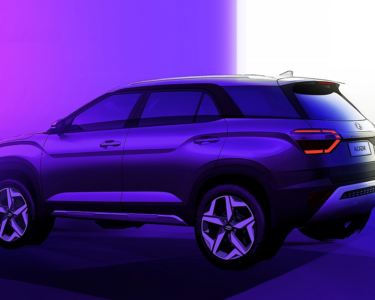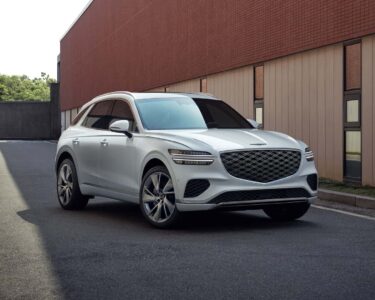Jaguar Land Rover owned by Tata Motors is currently exploring the potential to manufacture electric vehicles (EVs) in India amidst the ongoing negotiations of the India-UK Free Trade Agreement. This strategic move, if materialized, would mark the establishment of JLR’s largest manufacturing facility outside of the UK. While the investment is anticipated to be centred in Sanand, Gujarat, JLR is also considering alternative locations, including Pune, its original base. Sources reveal that JLR is evaluating the potential utilization of the EMA architecture, which Tata Motors is localizing for its Avinya range of cars.
Initially, Tata Motors unveiled the Avinya platform in 2022 as its Gen 3 pure EV platform. However, the company shifted gears midway through the program, opting for JLR’s architecture. Consequently, the rollout of the first Gen 3 architecture-based EV has been delayed by approximately six months, now expected to debut in 2026-27. Reports suggest that this ambitious project could involve a multi-billion-pound investment to develop at least four models each from Tata Motors and JLR over the next decade. The projected volume is estimated to reach around 300,000 units, with JLR primarily targeting export markets while maintaining a smaller share in the Indian domestic market.
As negotiations for the India-UK FTA progress, the project gains momentum. Recent reports indicate that both countries are actively resolving the remaining issues in the agreement. The Tata Group’s earlier announcement of a substantial investment in Agratas, a cell manufacturing company, aligns with the potential collaboration with JLR, underscoring a shared commitment to advanced electric mobility. Moreover, Tata Motors and JLR have inked a Memorandum of Understanding for the licensing of JLR’s Electrified Modular Architecture platform, demonstrating a strategic partnership in advancing electric vehicle technology. PB Balaji, the Group CFO of Tata Motors, emphasizes that the adoption of the Avinya architecture signifies a pivotal step towards transitioning to future-ready electric vehicles.




